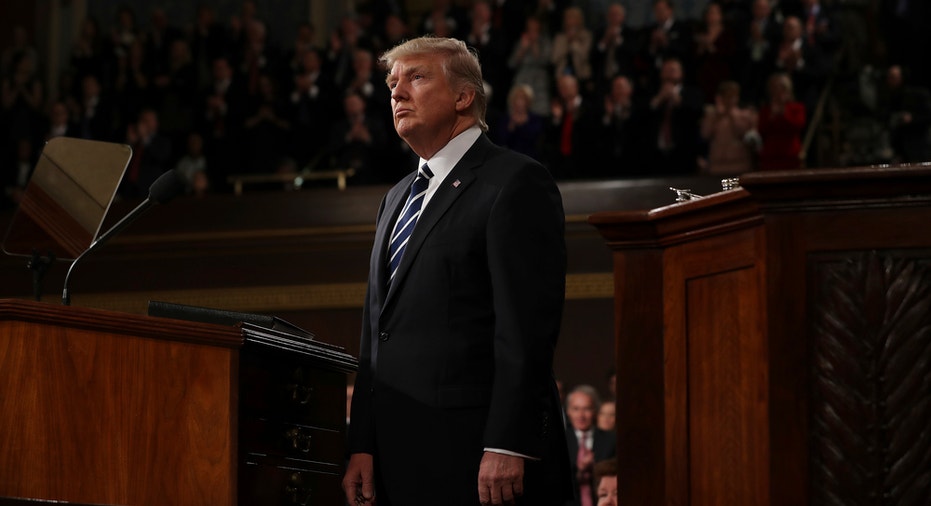Nothing Extreme about Extreme Vetting:Opinion

As we begin to navigate through one of the most contentious and divisive times in our history, the enormously imperative issue which remains insufficiently discussed is also one of the greatest oxymoron’s in recent times: extreme vetting.
In my opinion, there is nothing extreme about extreme vetting. In fact, it is nothing more than a background check done outside the United States. I’ll get back to that, but to keep this in perspective, we need to remember that the U.S. runs the largest official resettlement program in the world with over 784,000 refugees resettled here since September 11, 2001.
As these refugees arrive, they are immediately eligible for public benefits such as cash welfare, food assistance and health insurance. In fact, according to the Migration Policy Institute, during their first five years, refugees are more likely to receive benefits than U.S.-born citizens such as homeless veterans.
So, from a business case, who pays for refugees? The government spends an average of $950 million in tax dollars annually to aid refugees, which is problematic in and of itself as only 45.3% of Americans pay taxes. This is only 39% of the cost, leaving the remainder to local communities.
Further to the business case and value proposition of refugee vetting is the fact that the POTUS is accountable to the American people to validate the integrity of each individual prior to bequeathing the privilege of citizenship. Let’s keep this in perspective, shall we.
As I said, there is absolutely nothing extreme about extreme vetting. In fairness to the American public and for our international neighbors as well, an explanation of the process is long overdue.
This particular background investigation is basically a mosaic of an individual’s life that encompasses past behavior including education, employment, financial, criminal, civil, reputational and family history, as well as personal/professional associations, terror affiliations and citizenship. For the administration to conduct such an investigation in the United States would be a relatively simple task given the intelligence-centered database available to it.
However, once we begin looking at someone from outside the U.S., there is no such database to draw from, making the task a daunting one to say the least. Thus, highly vetted human assets are utilized on the ground to garner the aforementioned menu of personal data, which consumes approximately four weeks’ time at a cost ranging from $7,000-$20,000 per individual.
Any individual sitting in the Oval Office, regardless of party affiliation, simply could not move forward with fulfilling this obligation without first ensuring our broken system was repaired and deployed efficiently. Anything shy of this would have been negligent and would have left all Americans highly vulnerable and financially burdened.
Bottom line: Being an American is a privilege, not a right, and ensuring this remains the case is the responsibility of the President, whoever it may be.



















